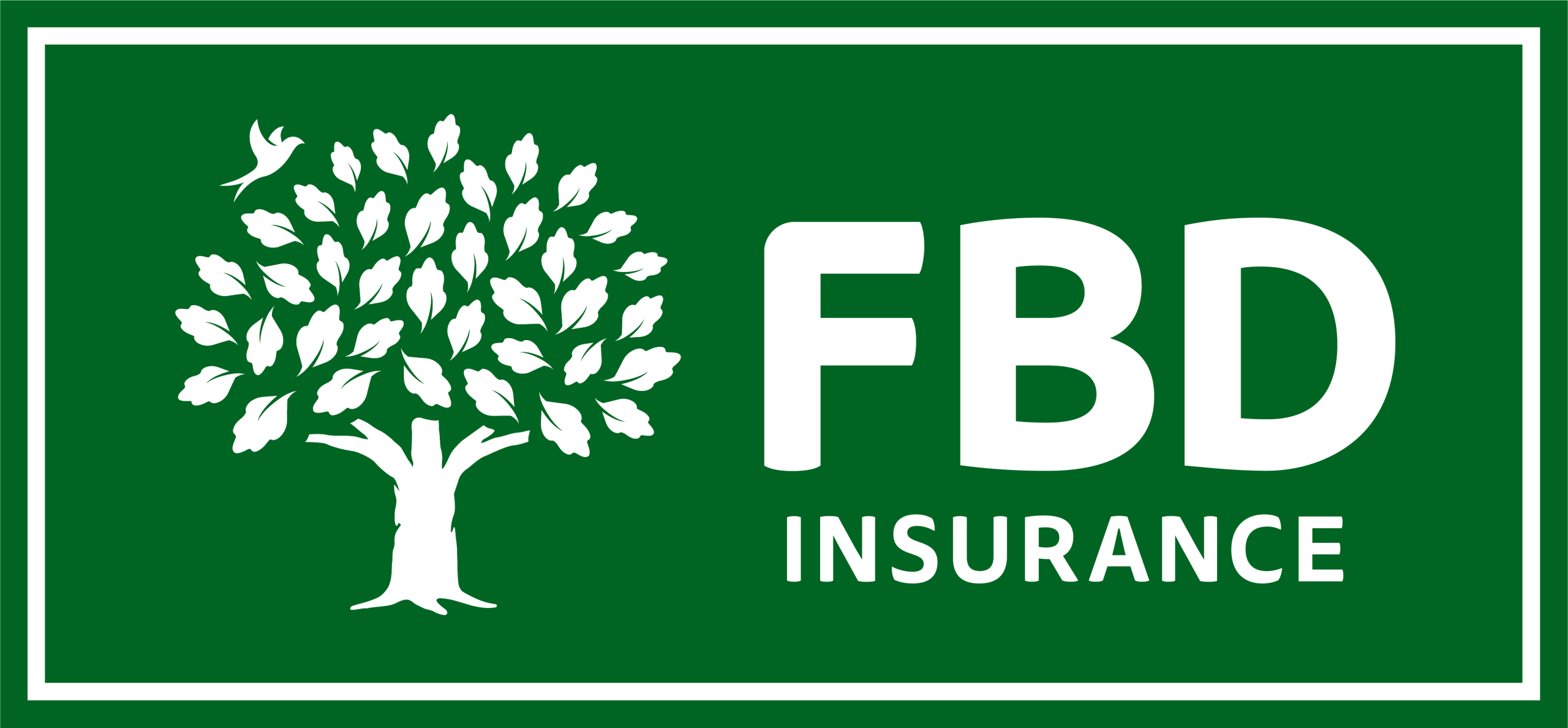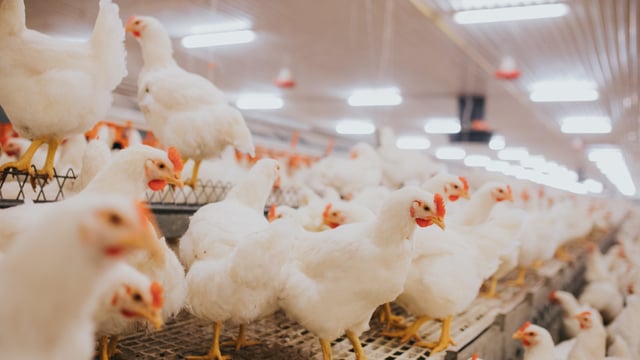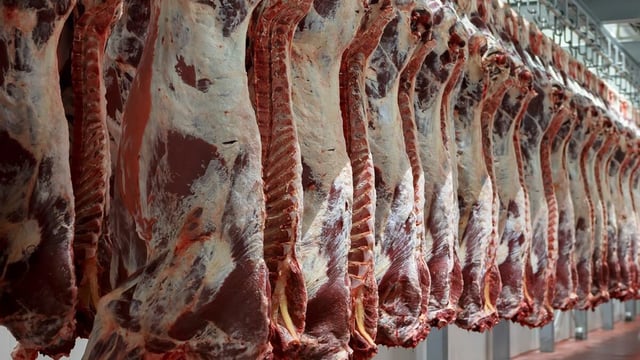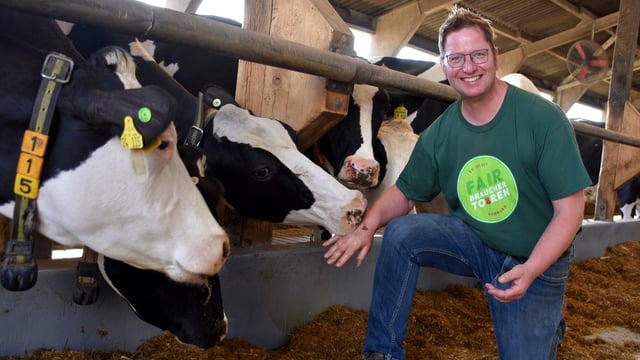Enhanced surveillance and strict biosecurity needed on bird flu warns EU agency
The European Food Safety Authority (EFSA) has warned that "enhanced surveillance for early detection and robust biosecurity on farms" is urgently required to prevent bird flu.
Latest figures from the EFSAs show that over 1,400 cases of highly pathogenic avian influenza H5N1 (bird flu) were reported in wild birds across Europe between September 6 and November 14 this year.
The EFSA has also highlighted that the number of bird flu cases during this period has been four times higher than during the same period last year - marking the highest total reported since 2016.
The authority highlighted that waterfowl, such as migrating cranes, have been heavily affected by the disease during this time, resulting in "widespread environmental contamination" across the continent.
Due to the heightened risk of bird flu spreading to commercial poultry farms, many European countries have enforced surveillance zones and biosecurity measures to prevent any further outbreaks.
France
The French Ministry of Agriculture has also indicated that there have been a total of 44 outbreaks on commercial farms across France during the current bird flu season, which runs from August 2025 to the end of July 2026.
The ministry has recently increased biosecurity measures on poultry farms in parts of western France, where duck farms are very common.
This has resulted in regulated zones being put in place, which has forced all poultry on farms within the selected areas to be housed.
Additionally, flocks of ducks, geese and turkeys now have to be screened before being transferred from one farm to another, and all duck farms in the country have been ordered to vaccinate their flocks.
Germany
The risk level for bird flu in Germany has been raised to 'high', following an assessment made by the Friedrich Loeffler Institute this month.
According to the institute, Germany recorded a total of 66 bird flu outbreaks in commercial poultry and captive birds between October 1 and November 5 this year, which is the highest Europe-wide.
Despite being the one of the worst countries affected this bird flu season, no nationwide mandatory housing order has been put in place in Germany.
However, many states within the country have implemented restriction zones upon detection of the disease.
Ireland and the UK
The Department of Food, Agriculture and the Marine (DAFM) has reported four bird flu outbreaks on commercial poultry farms in Ireland this month.
The most recent outbreak was confirmed on Friday (November 21) with a commercial turkey flock in Co. Laois affected.
In Northern Ireland, similar levels of bird flu outbreaks have been detected on NI commercial farms, resulting in a mandatory housing order for all poultry being declared for the whole island earlier this month
In Great Britain, England has been particularly affected by bird flu outbreaks, with a total of 41 confirmed cases so far, according to the Department for Environment, Food and Rural Affairs (Defra).
Defra also outlined that there has been seven confirmed cases in Wales and just one in Scotland.











